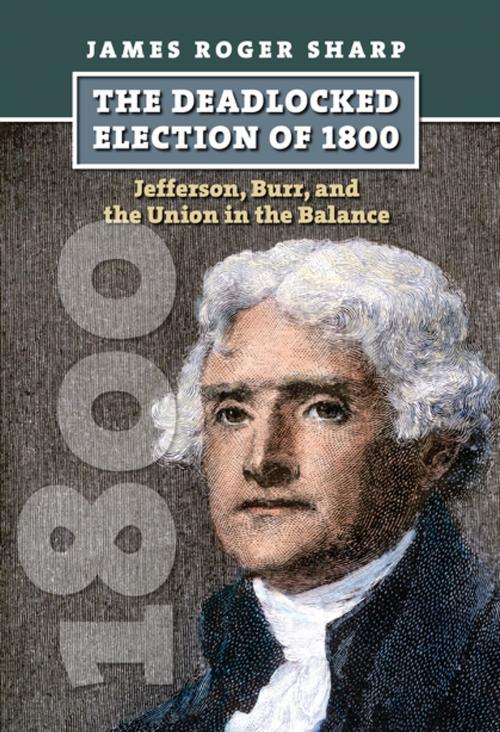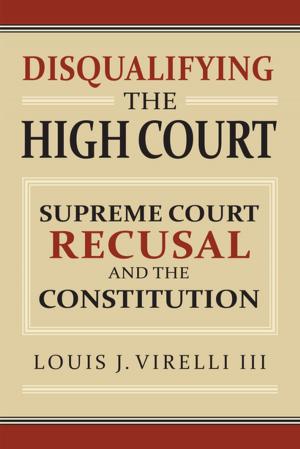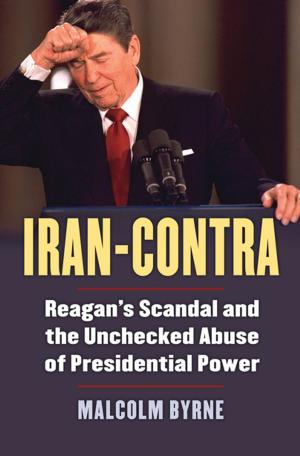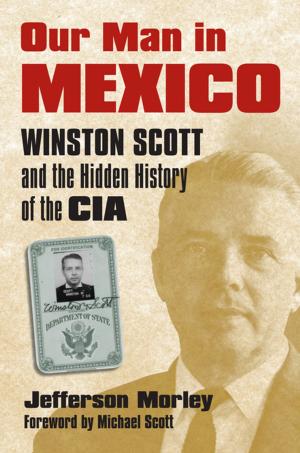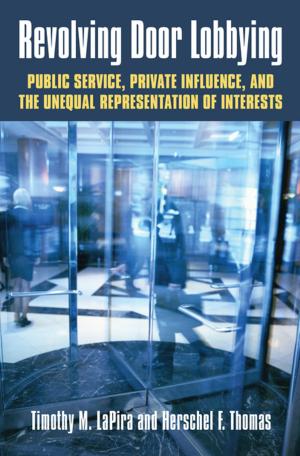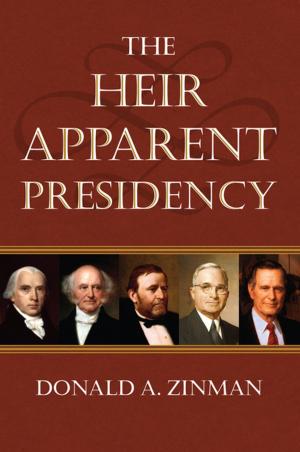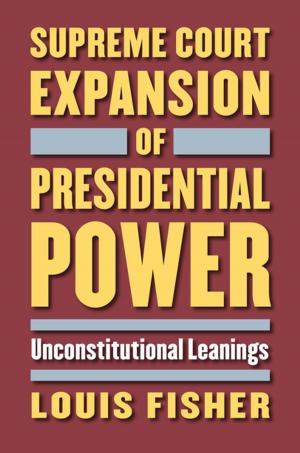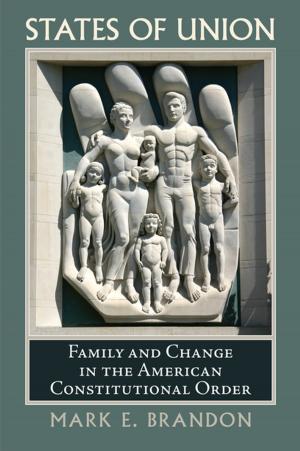The Deadlocked Election of 1800
Jefferson, Burr, and the Union in the Balance
Nonfiction, Social & Cultural Studies, Political Science, Government, Elections, Politics, History & Theory, History, Americas, United States, 19th Century| Author: | James Roger Sharp | ISBN: | 9780700625345 |
| Publisher: | University Press of Kansas | Publication: | May 1, 2018 |
| Imprint: | University Press of Kansas | Language: | English |
| Author: | James Roger Sharp |
| ISBN: | 9780700625345 |
| Publisher: | University Press of Kansas |
| Publication: | May 1, 2018 |
| Imprint: | University Press of Kansas |
| Language: | English |
It was one of the most critical elections of American history, overshadowed only by the one that plunged the country into civil war. The deadlocked election of 1800 has earned considerable attention and debate from historians; now James Roger Sharp reveals that modern observers didn't necessarily get it right.
Only a decade old, the Constitution gave the federal government more powers than had the Articles of Confederation, causing many citizens to fear the erosion of states' rights. Meanwhile, war between France and Great Britain exacerbated the schism between Republicans and Federalists, each faction taking sides and questioning the other's loyalty. With Thomas Jefferson challenging incumbent John Adams for the presidency, a tied Electoral College vote threw the election into the House of Representatives amid rumors of violence, civil war, and secession.
Richer in contemporary detail and context than previous studies, Sharp's book offers modern readers a better understanding of exactly what was at stake. Some say that this election was a "mighty democratic uprising"; Sharp argues that such interpretations are misleading. Others contend that eighteenth-century politics were no different than ours today; Sharp reveals just how distinctive they actually were. Avoiding the common mistake of imposing modern concepts onto the past, he instead puts himself in the place of citizens from 1800 to see events through their eyes. From that perspective, Sharp argues that Americans envisioned many possible outcomes to the crisis—and that a peaceful solution was far from inevitable.
Sharp offers a vivid account of protagonists and events. He tells how military conflict became a real possibility during the deadlock and explains what Jefferson meant when he characterized his election as the "Revolution of 1800." He unravels the nature of political polarization and its relationship to the development of parties. And throughout he emphasizes that the participants themselves greatly feared what the future would bring.
Engagingly written and uncommonly insightful, Sharp’s chronicle reveals the complex interplay between the main actors and the historical context in which they operated. His book sheds new light on this crucial contest—and shows like no other work that the success of the fragile new government under the Constitution was tentative at best.
It was one of the most critical elections of American history, overshadowed only by the one that plunged the country into civil war. The deadlocked election of 1800 has earned considerable attention and debate from historians; now James Roger Sharp reveals that modern observers didn't necessarily get it right.
Only a decade old, the Constitution gave the federal government more powers than had the Articles of Confederation, causing many citizens to fear the erosion of states' rights. Meanwhile, war between France and Great Britain exacerbated the schism between Republicans and Federalists, each faction taking sides and questioning the other's loyalty. With Thomas Jefferson challenging incumbent John Adams for the presidency, a tied Electoral College vote threw the election into the House of Representatives amid rumors of violence, civil war, and secession.
Richer in contemporary detail and context than previous studies, Sharp's book offers modern readers a better understanding of exactly what was at stake. Some say that this election was a "mighty democratic uprising"; Sharp argues that such interpretations are misleading. Others contend that eighteenth-century politics were no different than ours today; Sharp reveals just how distinctive they actually were. Avoiding the common mistake of imposing modern concepts onto the past, he instead puts himself in the place of citizens from 1800 to see events through their eyes. From that perspective, Sharp argues that Americans envisioned many possible outcomes to the crisis—and that a peaceful solution was far from inevitable.
Sharp offers a vivid account of protagonists and events. He tells how military conflict became a real possibility during the deadlock and explains what Jefferson meant when he characterized his election as the "Revolution of 1800." He unravels the nature of political polarization and its relationship to the development of parties. And throughout he emphasizes that the participants themselves greatly feared what the future would bring.
Engagingly written and uncommonly insightful, Sharp’s chronicle reveals the complex interplay between the main actors and the historical context in which they operated. His book sheds new light on this crucial contest—and shows like no other work that the success of the fragile new government under the Constitution was tentative at best.
